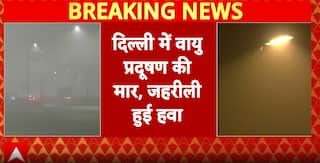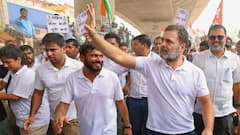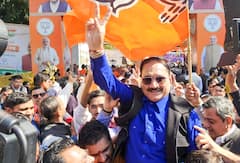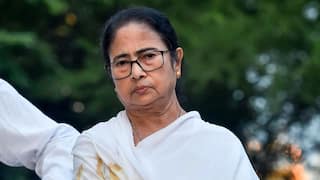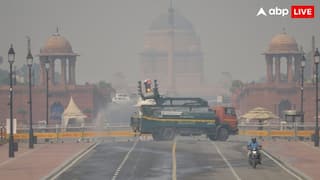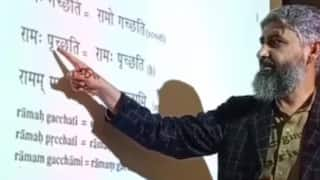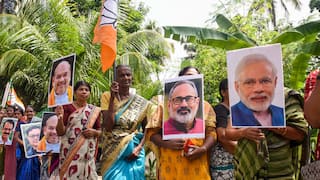Son Of Indira Gandhi's Assassin To Contest Lok Sabha Polls From Punjab's Faridkot Seat
Sarabjit Singh, 45, said many people in Faridkot have requested him to run in elections, and he plans to do so as an independent.

The son of one of Indira Gandhi's murderers announced on Thursday that he will run in the forthcoming Lok Sabha elections from Punjab's Faridkot constituency. Sarabjit Singh, 45, said many people in Faridkot have requested him to run in elections, and he plans to do so as an independent.
Singh is Beant Singh's son, and one of the two assassins. Beant Singh and Satwant Singh, the then-prime minister's bodyguards, assassinated Gandhi on October 31, 1984, at her home. Beant was killed by security guards, whereas Satwant Singh was apprehended and subsequently sentenced to death. Sarabjit, a resident of Mohali, ran in the 2004 Lok Sabha elections from Bathinda, garnering 1,13,490 votes. Furthermore, he contested the 2007 Punjab assembly polls from the Bhadaur assembly segment in Barnala district, receiving 15,702 votes.
Singh ran for the Fatehgarh Sahib seat in the 2014 Lok Sabha elections but was defeated again. His mother, Bimal Kaur, was elected MP from Ropar in 1989.
Elections for 13 Lok Sabha seats in Punjab will take place on June 1.
The AAP has filed actor Karamjit Anmol of Faridkot, while the BJP has selected musician Hans Raj Hans. Mohammad Sadique, a Congress MP, presently represents the Faridkot constituency.
Individuals close to Sarabjit Singh indicated that he plans to highlight the delayed justice concerning cases of sacrilege and the killing of two individuals in Behbal Kalan, Faridkot, Times of India reported.
Indira Gandhi's Assasination
Indira Gandhi was assassinated on October 31, 1984. Two of her bodyguards, Beant Singh and Satwant Singh, fired over 30 bullets at her from close range, allegedly in retaliation for the alleged mistreatment of Sikhs and the desecration of the Golden Temple during Operation Blue Star in June of that year.
The assassination of Indira Gandhi sent shockwaves across the nation, triggering some of the most severe communal violence the country has ever witnessed. In just about three days, around 3,350 Sikhs (according to government estimates) were slained, with 2,800 of them in the national capital itself.









